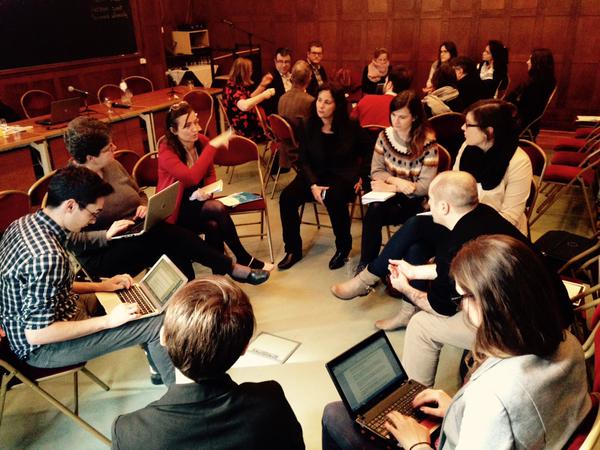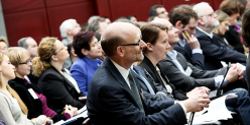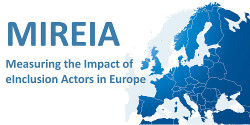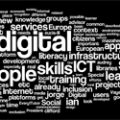29 Oct Measuring the impact of the “third sector” in Europe
29 Oct, 2014
By Masha Tarle
Telecentre Europe is a non-for profit organisation and European association that belongs to the so-called “third sector”. Our members are working hard on training people to improve their digital skills, helping them find employment and showing them the way to create their own businesses. But how can we speak about these efforts, not only in words, but also in numbers? And how do we measure the impact of European policy on our work?
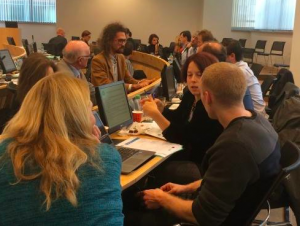 These were the topics discussed at a recent workshop that took place in Brussels on October 15th 2014 attended by our Managing Director Gabriel Rissola. The event organisers from the EU funded research project titled “Third Sector Impact (TSI)” invited a number of European associations and non-for profits to talk about what defines the third sector, how it impacts policy (and vice-versa) and what are the barriers we face in creating and measuring our impact.
These were the topics discussed at a recent workshop that took place in Brussels on October 15th 2014 attended by our Managing Director Gabriel Rissola. The event organisers from the EU funded research project titled “Third Sector Impact (TSI)” invited a number of European associations and non-for profits to talk about what defines the third sector, how it impacts policy (and vice-versa) and what are the barriers we face in creating and measuring our impact.
What do we mean by “the third sector”?
Third Sector Impact (TSI) is a research project that aims to understand the scope and scale of the third sector in Europe, its impact and barriers. Project partners have so far identified at least four clusters of third sector entities in Europe:
1. Associations & foundations (non-profit institutions)
2. Cooperatives and mutual
3. Social enterprises or social ventures; and
4. Individual activity without pay (volunteering, the public sphere, or civil society).
The problem is that not all the entities in these different clusters fit within a common understanding of the third sector in various parts of Europe. The task of the TSI project has therefore been to identify the broadest “common core”.
In what areas do we have an impact?
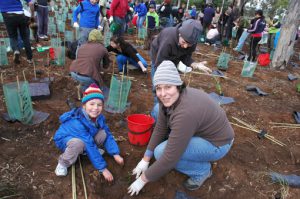
In terms of impact areas, the TSI project has defined the following areas where impact may be achieved and measured, a list that will be useful to our members and other European NGOs when they consider their impact:
- Wellbeing and quality of life
- Innovation
- Civic engagement
- Advocacy
- Economic impact
- Local community development
- Human resources (i.e. gaining access to networks, self-realization, skills for CVs).
The most important and overall impact of third sector, especially at European level, is that it builds a culture of participation. Social inclusion, human rights, sustainability and health benefits immediately come to mind.
Barriers
Stakeholders also identified several barriers that may affect our work and impact, especially on EU policy. At times the organisations feel there is a lack of transparency in some policy processes, with complex lobbying and strategic behavior that many third sector organisations are simply not used to. Our organisations also often find it hard to put more effort in the domains of advocacy and lobbying, as we are always dealing with a lack of financial resources. In addition we need to deal with a changing political environment were policy priorities come and go.
What’s next?
Telecentre Europe is aware that we need figures and statistics to show policy makers and others that our members (country based NGOs and networks of digital empowerment actors such as telecentres) are actually making a difference in their field of work.
All the participants agreed that we should combine qualitative and quantitative research methods, i.e. using annual reports of membership organizations as well as case studies. Telecentre Europe is doing this through the collection of best practice and policies in digital inclusion and skills (UNITE IT network). In terms of quantitative data we are now building on the work we have done in the MIREIA survey that discovered the existence of more than 200,000 e-Inclusion organisations in Europe and quantified their impact. We are currently working on a survey for our members to evaluate the impact of telecentres and civil society in terms of training for basic and mid-level of digital skills.


